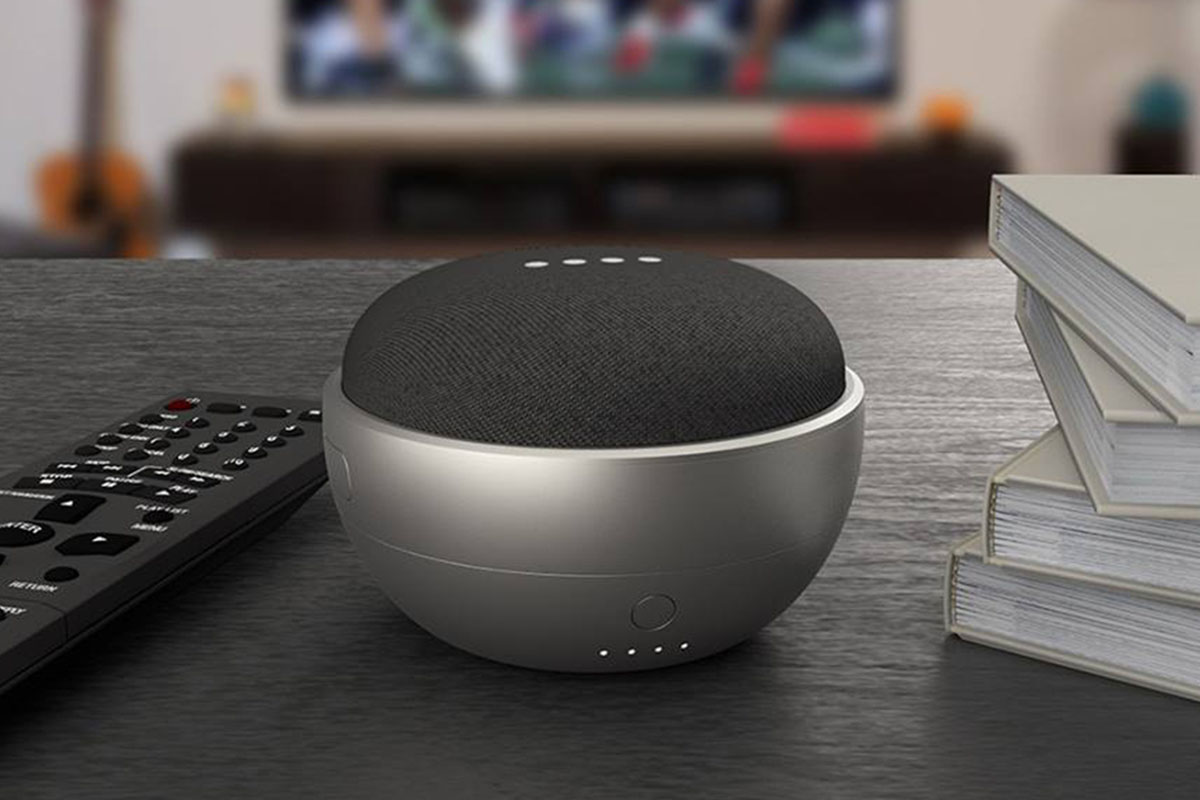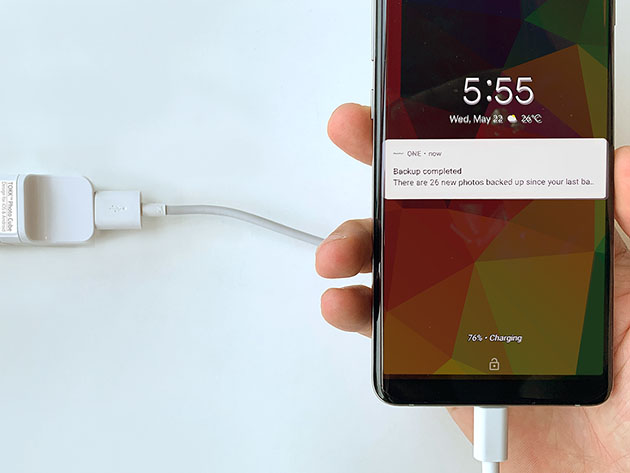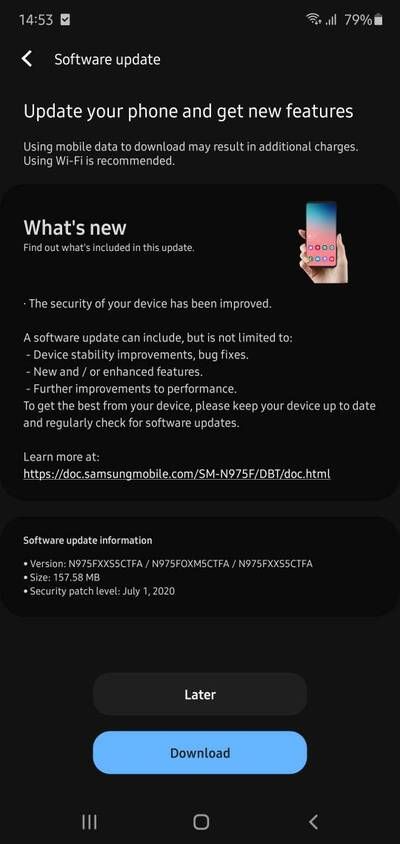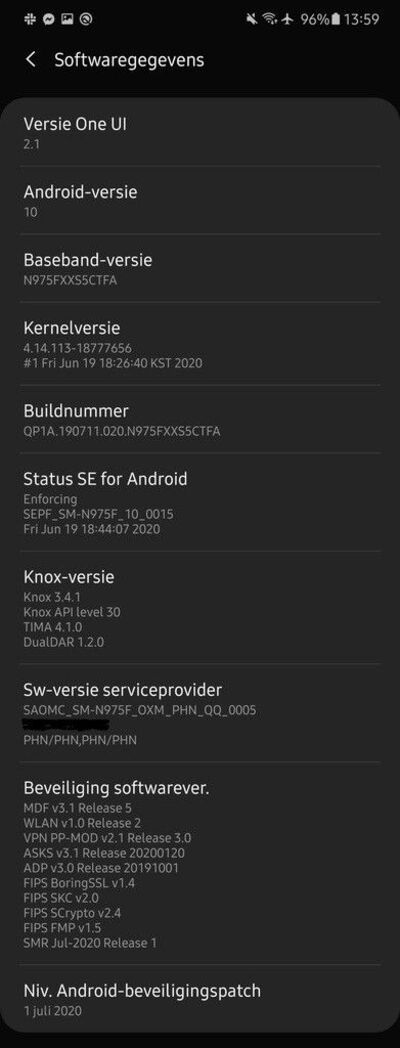The first version of Android to support 64-bit architecture was Android 5.0 Lollipop, launched in 2014. That was a pretty big deal at the time, and nowadays, nearly all Android devices can run 64-bit apps. Speaking of which, starting with Google Chrome 85, the browser will get a 64-bit version for Android 10 devices.
Currently, despite many Android devices supporting the 64-bit architecture, there’s nothing forcing developers to support it. Google has been slow to require apps to have 64-bit support, though that changes on August 1st, 2021. Google is getting ahead of its own requirement and adding support in Chrome right now, though it’s limited to Android 10 devices.


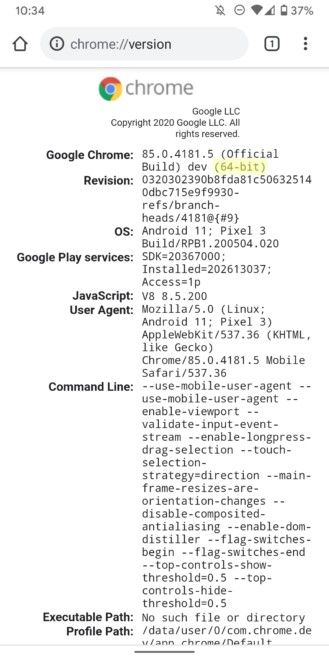
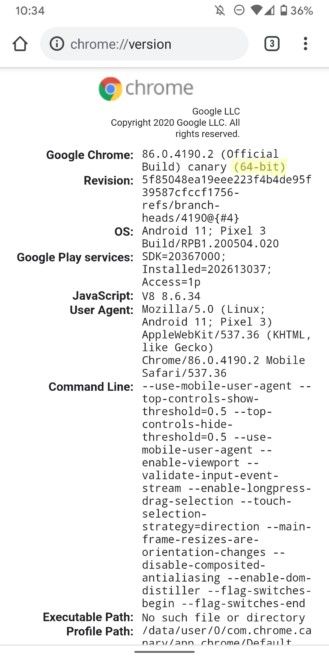
If you visit chrome://version on the Stable (83) and Beta (84) builds of Chrome for Android, you’ll see they are listed as 32-bit applications. However, the Dev (85) and Canary (86) builds show 64-bit. According to Android Police, the 64-bit version is only appearing on Android 10 devices, which doesn’t actually account for many users at this time.
Android’s transition to 64-bit has been a long time coming. Support for 64-bit has been present for 6 years, and while Apple dropped support for 32-bit apps in iOS in 2017, Google has lagged behind. In 2017, Google started requiring apps that utilize native libraries must have a 64-bit alternative. As mentioned, it’s not actively punishing apps without 64-bit support until August 2021.
Chrome 85 is scheduled to go stable in August, giving them a year to fully roll it out to more Android versions before the 2021 deadline.
Chrome Dev (Free, Google Play) →
Chrome Canary (Unstable) (Free, Google Play) →
Source: Android Police
The post Chrome is switching to 64-bit on Android 10 appeared first on xda-developers.
from xda-developers https://ift.tt/2YYG6vb
via IFTTT




